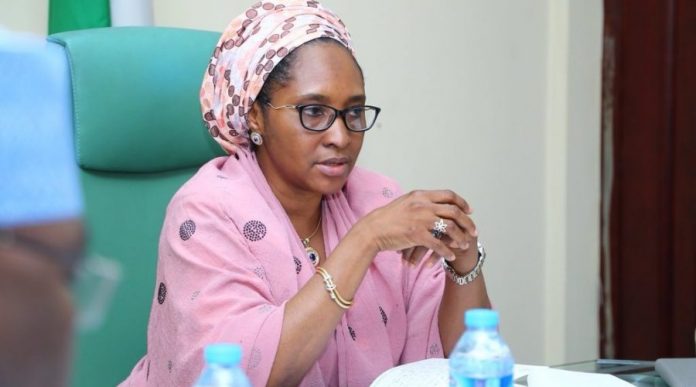By Agency Report
The Federal Government on Monday disclosed that it has suspended its $22.7 billion external borrowing plans due to current realities in the global economic landscape.
Zainab Ahmed, Minister of Finance, who made this known in Abuja said the current market indices do not support external borrowings at the moment.
Speaking at the 2020 International Conference on the Nigerian Commodities Market, organised by the Securities and Exchange Commission (SEC), the minister stated that the government would not go ahead with the borrowing programme even if it secures the approval of the National Assembly.
The finance minister explained that the decision of the government to suspend the borrowing was due to the fact that market indices do not support external borrowings at the moment.
She said, “The parliament is still doing its work on the borrowing plan. One arm of the parliament has completed theirs and the other arm is still working and it is a process that is controlled by the parliament itself, so we are waiting.
“However, we are not going out immediately because the market indication is not in favour of external borrowing at this time. Even if we get approvals we will defer it and watch the market and go out only when the timing is right.”
She explained that the Federal Government was not relenting on its plans to diversify the country’s economy, noting that unfolding events of the past few months, the coronavirus pandemic and the oil price war, had further reinforced the resolve to diversify the national economy.
She disclosed that the current challenges in the global economy had brought to the fore the need for the country to develop a non-oil attitude to everything.
According to her, the Federal Government planned to prioritise expenditure in favour of major capital expenditures that would have greater impact, and which would create job and visibility and also enhance the ease of doing business in the country.
She noted that expenditures that are not critical must be deferred to a later date when things become more normal.













